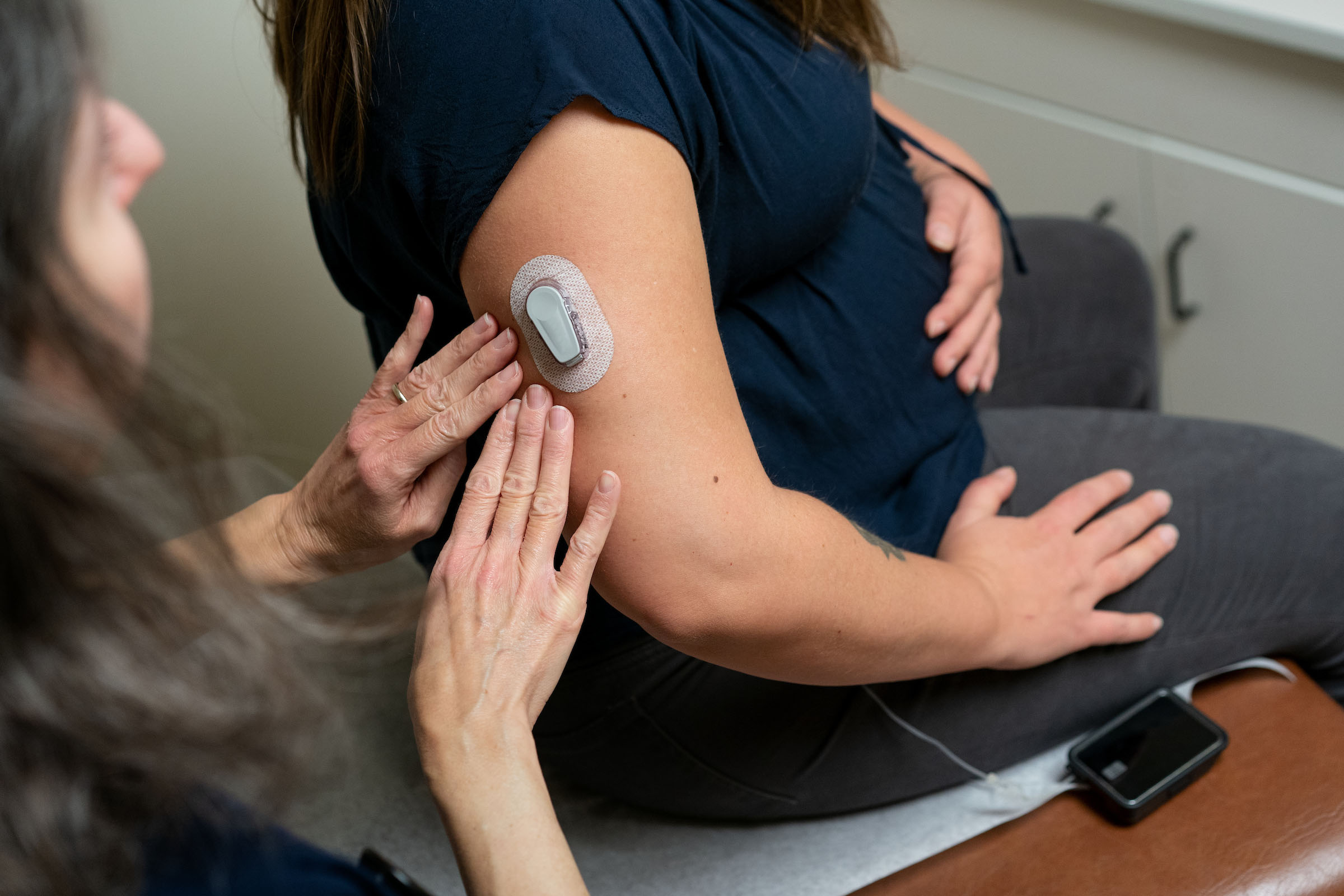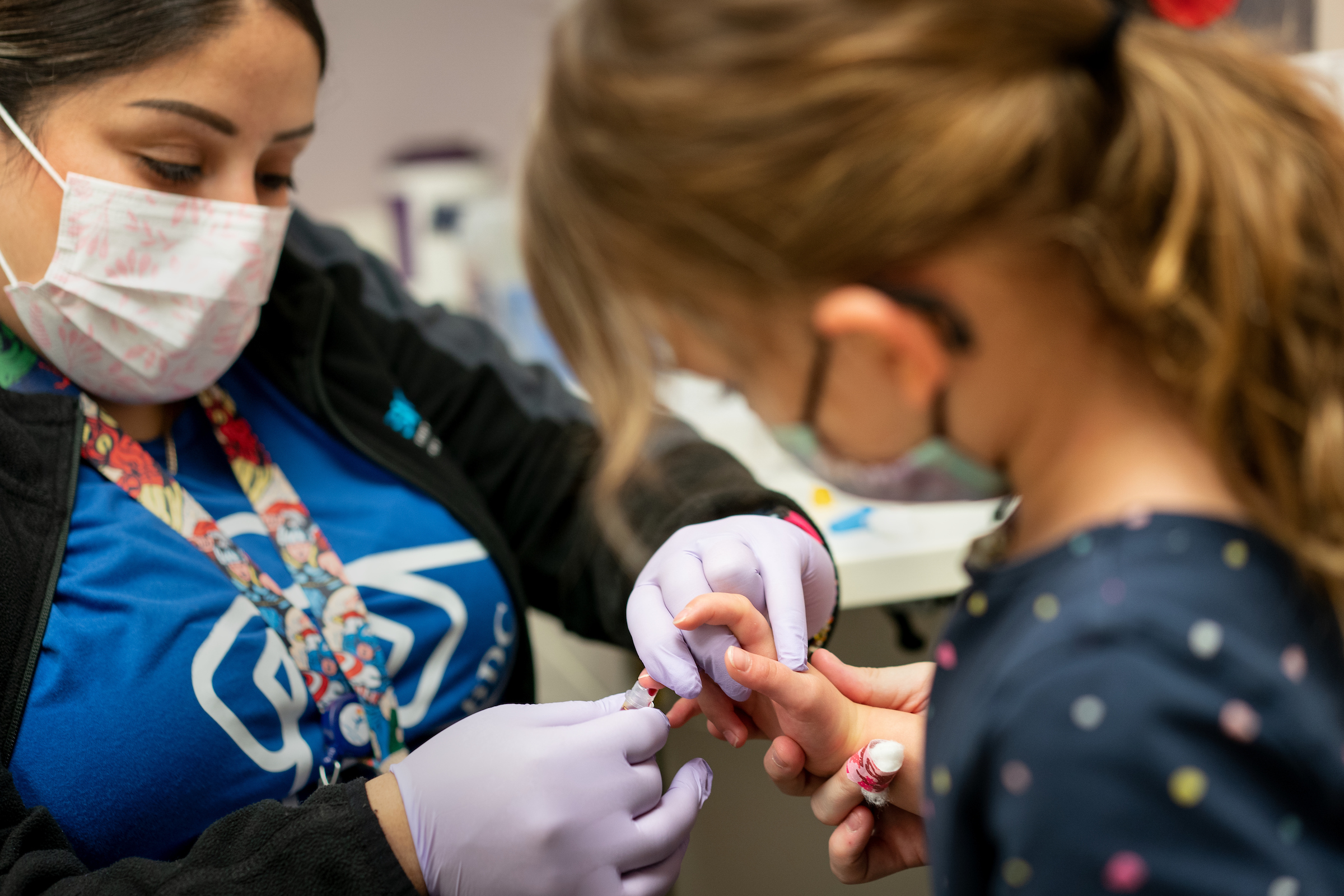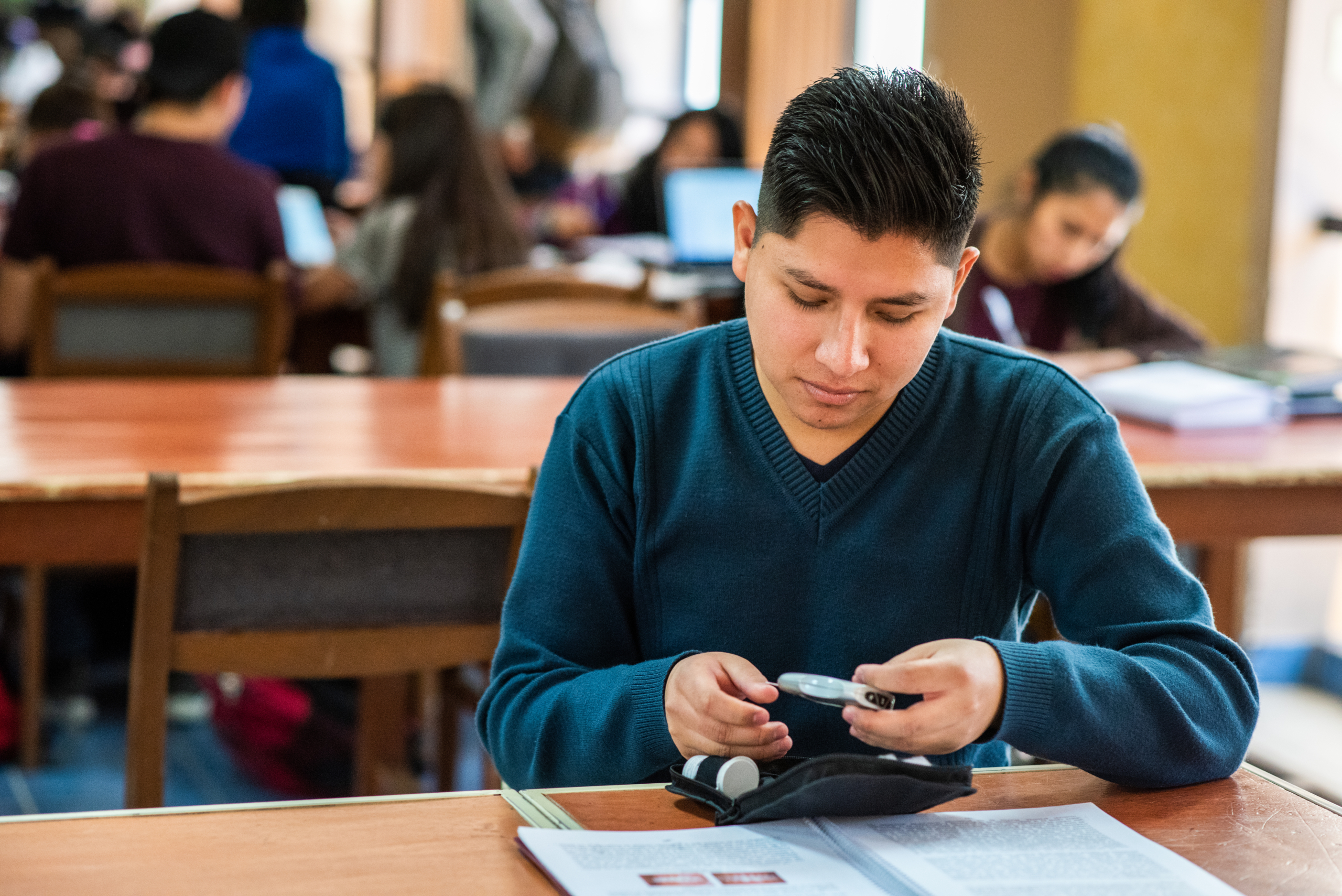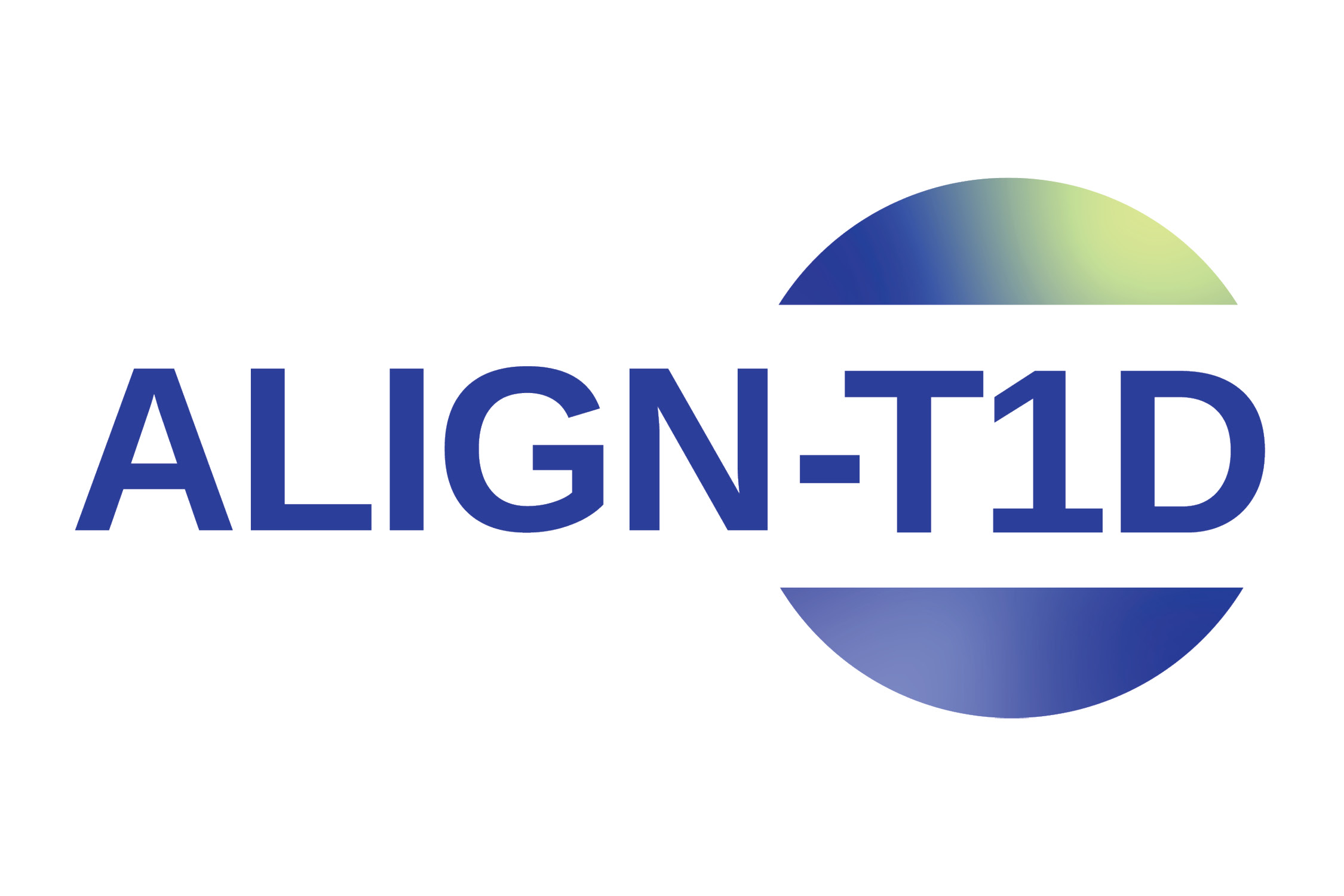Type 1 Diabetes
Improving Lives Today, Investing in a Better Tomorrow

Improving Lives Today, Investing in a Better Tomorrow
Helmsley’s Type 1 Diabetes (T1D) Program is dedicated to helping the global T1D community live safer, better, and more fulfilling lives today while funding advancements in research and technology for a better tomorrow. To make this vision a reality, our T1D program takes bold but informed risks to support researchers developing new therapies and interventions that can treat, prevent, or delay the disease. We are committed to equitable, affordable access to the tools that can help people with T1D achieve better outcomes. Every day counts for people with T1D and their support network, which is why we build collaborative partnerships to expand the availability of resources to these communities.
Over the last century, advances in therapies and technologies have drastically improved health and daily lives for many with T1D, but the risk of hospitalization and serious complications persists. Managing T1D remains a lifelong, often mentally-taxing challenge that complicates everyday decisions around diet, exercise, and health. It requires around-the-clock management of blood sugar and regular administration of insulin, a drug that can cause hypoglycemia — low blood sugar that can be fatal — if not dosed correctly. Meanwhile, treatments and technologies that can significantly reduce the burden of T1D are not available to everyone.
T1D is an autoimmune disease in which the immune system mistakenly attacks beta cells in the pancreas. Beta cells produce insulin, an essential hormone that allows the body to metabolize food. People with T1D depend on therapeutic insulin, administered multiple times a day, to regulate their blood sugar — without insulin, or if insulin is dosed improperly, T1D is fatal.
In addition to the destruction of insulin-producing beta cells, in T1D the neighboring alpha cells are also dysregulated. Alpha cells produce glucagon, a hormone important for the response to low blood sugar — which can also be life-threatening.
T1D can develop at any age. The exact causes of T1D are unknown, but genetics and environmental influences are believed to contribute.
Managing T1D can be incredibly taxing on people with T1D and their caregivers. Because the risk of death is real and immediate, at Helmsley, we’re committed to easing this burden and improving outcomes for all people living with T1D.




January 26, 2026

November 14, 2025
November 14, 2025
Every year on World Diabetes Day, Helmsley partners with the Empire State Building and the Helmsley Building to light the New York City skyline blue and raise awareness about type 1 diabetes (T1D). This tradition reflects our commitment to helping the global T1D community live safer, better, and more fulfilling lives. As we reflect on this day where the diabetes…
October 23, 2025
At Helmsley, we are driven to help people living with type 1 diabetes (T1D) live healthier and more fulfilling lives. But we also know that T1D is part of a much broader challenge: the global crisis of noncommunicable diseases (NCDs). On September 25th, world leaders gathered in New York for the 4th High-Level Meeting on Noncommunicable Diseases (NCDs) and…
October 22, 2025
BOSTON and NEW YORK, October 22, 2025 – Blue Circle Health, a 501(c)(3) nonprofit dedicated to improving the lives of people living with type 1 diabetes (T1D), is expanding its free, virtual program that provides clinical care, education, and support to adults with T1D to five more states: Massachusetts, Connecticut, Pennsylvania, Virginia, and Kentucky. With this expansion, the organization is…
October 9, 2025
WASHINGTON, D.C. and NEW YORK, October 9, 2025 — The Alliance of Community Health Plans (ACHP) Foundation and four of its member health will pilot models to expand access to care for millions living with diabetes, thanks to a $4.2 million grant from The Leona M. and Harry B. Helmsley Charitable Trust. Building on previous work supported by the…
September 24, 2025
Helmsley’s Type 1 Diabetes (T1D) Program hosted a one-day session on the occasion of the 60th Annual Meeting of the European Association for the Study of Diabetes. This scientific meeting explored the latest research into alpha and delta cell dysfunction leading to hypoglycemia, and efforts to therapeutically restore the body’s ability to reverse it.
August 19, 2025
Today, we’re highlighting the work of Alfred Kakisingi, in recognition of World Humanitarian Day. Here he shares how his organization — l’Association des Diabétiques du Congo (ADIC) — began, what daily life can look like for people with diabetes in Democratic Republic of the Congo, and how local leadership, persistence, and global solidarity are essential to delivering care where it’s…
$1.1B
committed
840+
grants awarded
50+
countries reached